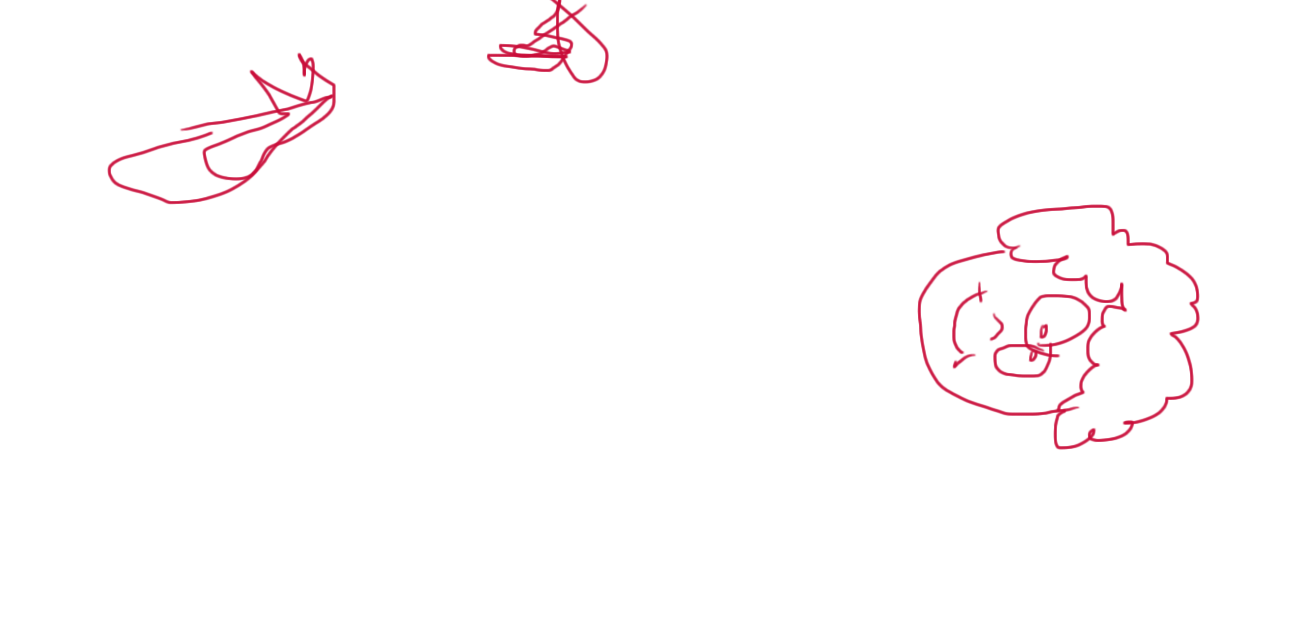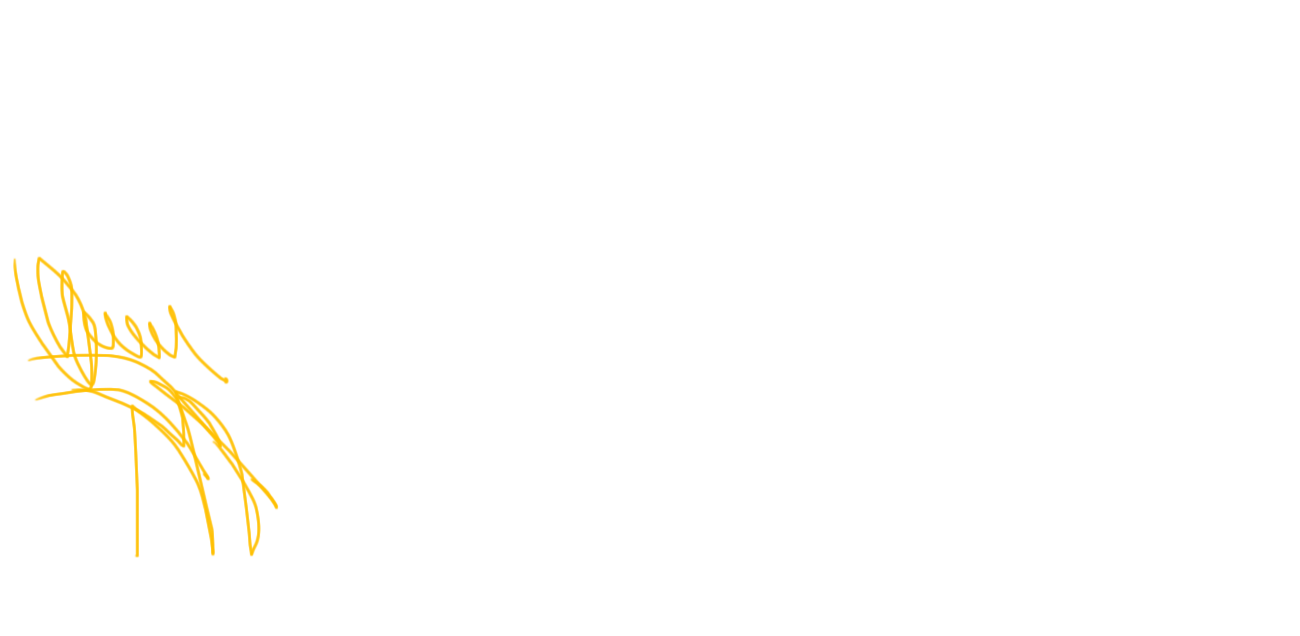My seuns was Graad 5 en Graad 2 onderskeidelik toe ons Regio ontdek het. As voormalige hoofstroom-onderwyseres, is die besluit om my kinders na Regio te skuif, nie ligtelik geneem nie. Ek was ontnugter deur die konvensionele skoolsisteem en wou iets beters vir my kinders hê.
Een van die groot beweegredes, was die feit dat kinders in Regio aangemoedig word om vir hulleself te dink, te ontdek en hulle natuurlike nuuskierigheid en kreatiwiteit aan te wend en ontwikkel. Hulle word gelei om groot projekte stelselmatig aan te pak en nie slegs om feite soos papagaaie weer te gee soos in ander skole nie.
In alle eerlikheid, was ek baie bekommerd oor hoe hulle in die hoërskool sou aanpas wanneer die tyd kom, maar die filosofie het vir my sin gemaak en ons het die groot skuif gemaak en nog nooit weer teruggekyk nie.
My kinders het geblom in Regio! Elkeen het geleentheid gekry om aan alle aktiwiteite deel te neem. Hulle kon groei en ontwikkel in ‘n veilige, stimulerende omgewing. Van boelies en ongesonde kompetisie, was daar nie sprake nie en albei kinders se selfbeeld het ontwikkel tot waar hulle die lewe met selfvertroue kan aanpak.
My oudste is hierdie jaar in Graad 8 in een van die makro-skole in Pretoria. Hy het met gemak aangepas en geniet elke aspek van skool. Hy neem met entoesiasme deel aan sport en sosiale aktiwiteite en vaar akademies baie goed. Die klem wat Regio op wiskunde lê, is baie duidelik in die onderskeiding wat hy daarin verkry het, terwyl baie ander maats worstel met die vak.
Ek sal altyd dankbaar wees vir Dr Elsie Calitz wat Regio gestig het. Haar visie en passie leef voort in elke sterk, verantwoordlike kind wat deur Regio opgelewer word. Ons bly 52km van die skool af, maar sal aanhou om die verkeer daagliks te trotseer sodat my jonger kinders die volle voordeel van Regio kan geniet.








